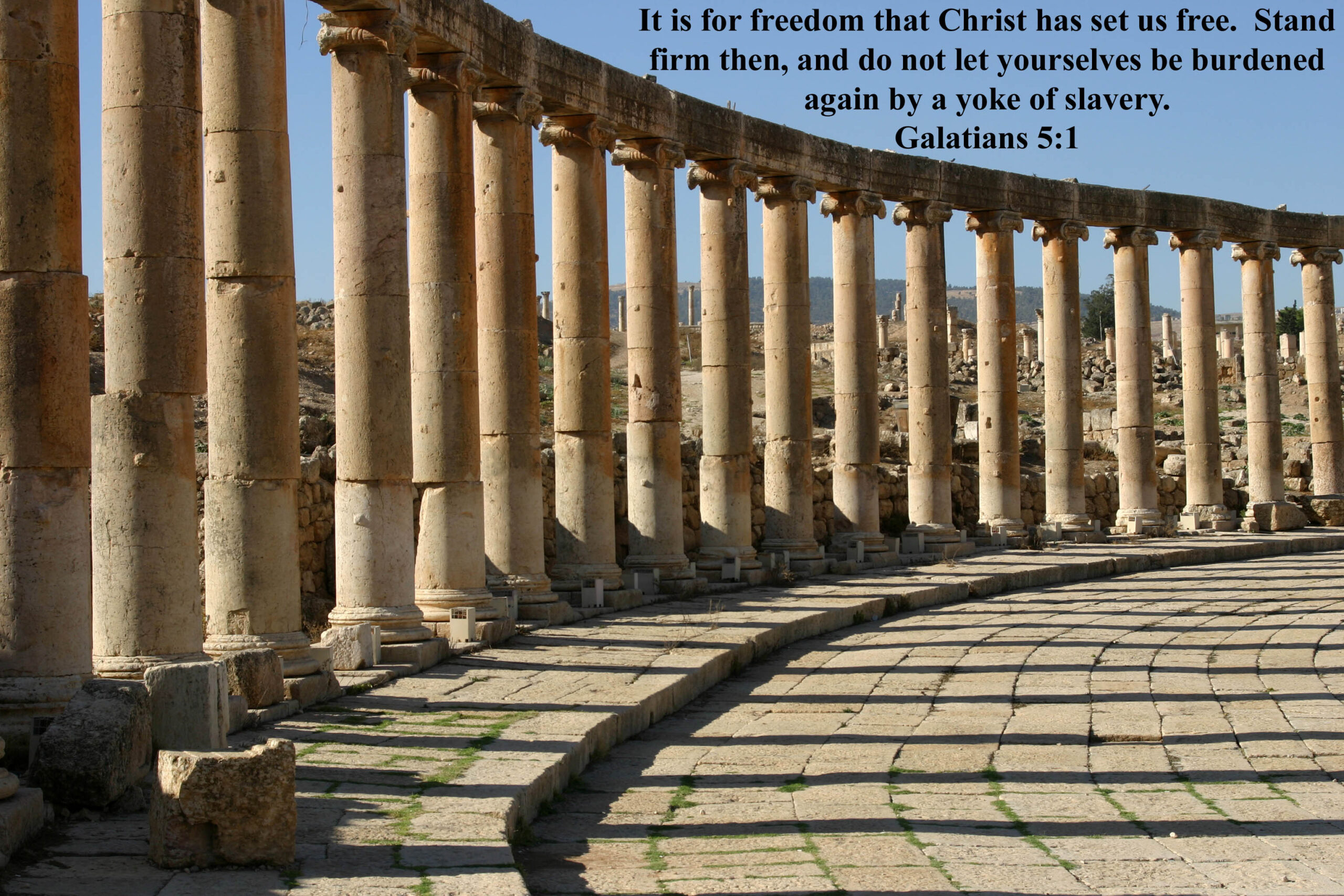I have reduced my Introduction down to three shorter pieces for ease of reading and digestion. This brief piece finishes off the exposition of Colossians 1:13-20 and leads into a preamble on the New Covenant.
And He is the head of the body, the church, who is the beginning, the firstborn from the dead, that in all things He may have the preeminence. 19 For it pleased the Father that in Him all the fullness should dwell, 20 and by Him to reconcile all things to Himself, by Him, whether things on earth or things in heaven, having made peace through the blood of His cross. – (Col 1:18-20)
Paul uses the phrase “all things” repeatedly in this section (vv. 16, 17, 18, 19, 20), to illustrate the total dependence of the created order on Christ. The “fulness” (v.19) is understood by the translators of the NKJV as the fulness of God, and we agree. But in light of the immediate context we would suggest that God as Creator of “all things” is especially in view. Thus, the Source of everything is its Sustainer and Owner and Redeemer (v.20a). Here is an enigma: that the One who was “despised and rejected” sustained the despisers and rejectors! Whatismore, the materiality of Christ; – His becoming human so that His blood could be shed for humans (v.20b), and His remaining human in resurrection so that man’s original eminence among the creatures could be guaranteed to persist, is seen as central to God’s good pleasure. Paul is speaking to the Church here (of which more in a moment), but the passage proclaims a fabulous truth; the truth of a Christological World.
Because Paul is writing to the Church he naturally relates this stupendous truth to the doctrine of the Church. Christ preeminent is “the head of the body.” He bears a relation to the Church analogous to the relation of the head to the body. He is more than this. He saves and forms and sanctifies the Church. But He is foremost in the Church. He has “first-place” (v. 18c lit.) in it while not yet enjoying preeminence in the hearts of most people.
It would be a mistake to reduce Christ’s glory to the Church. He bears a special relationship to the Church as its Bridegroom, but He bears a relationship to everything. Hence, I am just now using this passage mainly to demonstrate the centrality of Christ to my understanding of the biblical story. That story cannot come to its desired close without “the blood of His cross.” And mention of the Blood of Christ leads us to “the New Covenant in His Blood.” It’s function, it’s timing, and its fulfillment dictate how it all comes together.
